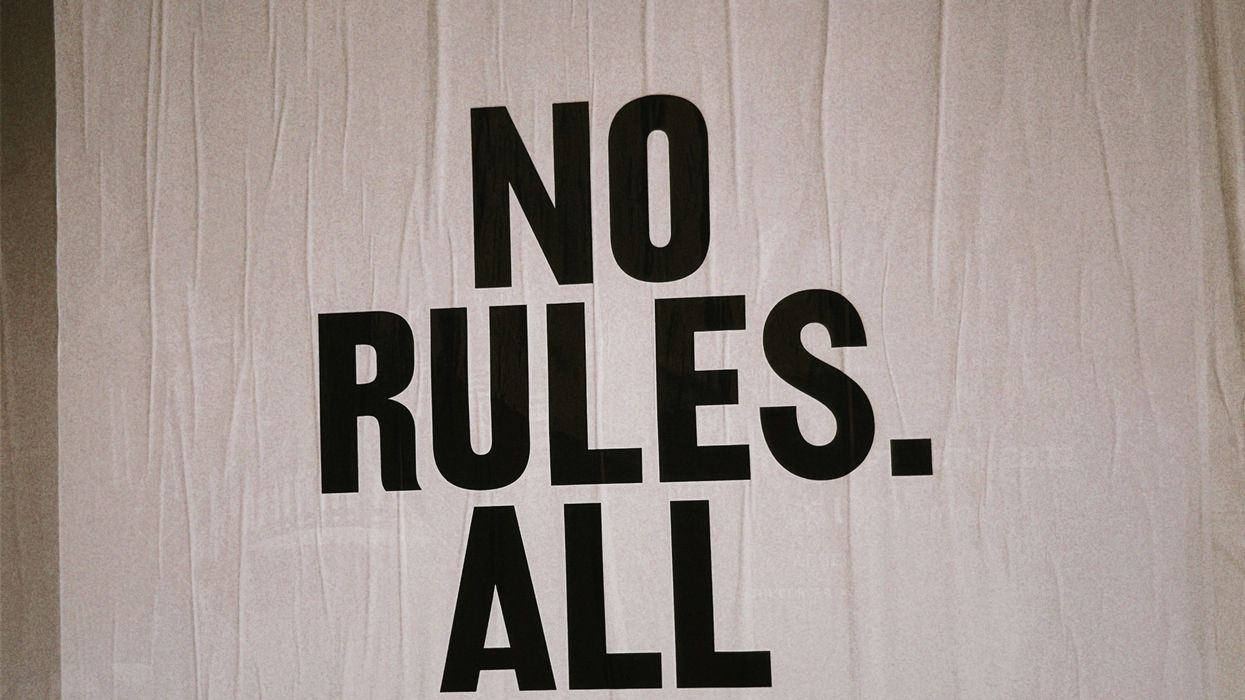Pennsylvania just lit a match under its long-simmering marijuana legalization debate — and this time, it could go up in smoke or spark something entirely new.
On Tuesday, in a razor-thin 102-101 vote, the Pennsylvania House of Representatives advanced House Bill 1200, a cannabis legalization proposal with a twist: sales would flow through state-run stores, mimicking the Commonwealth’s alcohol distribution system. If passed, Pennsylvania would become the first state in the U.S. to fully legalize marijuana and control its retail sales through a government-run operation.
The bill, championed by Democratic Reps. Rick Krajewski and Dan Frankel, rocketed through committee and floor votes in less than 72 hours — a pace that has Republicans crying foul and Democrats defending years of stakeholder engagement.
“This has been a transparent process,” said Frankel, who chairs the House Health Committee. “My door has been open for two years. We’ve held six hearings. The GOP knew this was coming.”
Still, Republicans aren’t buying it. “It’s being rammed through,” charged Rep. Charity Grimm Krupa, one of several GOP lawmakers voicing concerns over workplace safety, impaired driving, and the state’s potential overreach.
A Bold — and Controversial — Model
What makes HB 1200 a national outlier isn’t just its swift advancement — it’s the regulatory vision it puts forward.
Rather than opening the floodgates to private cannabis entrepreneurs, the bill would put the Pennsylvania Liquor Control Board (LCB) in charge of both licensing and operating cannabis stores. LCB would also oversee cultivation, processing, transportation, and consumption lounges — many of which could still be privately owned.
Adults 21 and over could legally purchase up to 42.5 grams of cannabis per day from LCB stores. Possession of small amounts beyond that would be decriminalized, while home growers could cultivate up to four plants (two mature, two immature) with a $100 permit.
Taxes would include a 12% excise rate on retail sales, with revenue feeding into a Cannabis Revenue Fund. That fund would support everything from expungement efforts and addiction services to minority business development and local court systems.
But it’s the state-store concept that’s drawing fire — not just from Republicans, but even some Democrats and the public.
A recent poll showed most Pennsylvanians prefer a private business model for cannabis sales. Rep. Abby Major (R), who is drafting an alternative bill alongside Democrat Emily Kinkead, stated bluntly: “There are zero votes for a state-store model in the Republican caucus.”
Progress or Power Play?
Despite the internal divisions, House Speaker Joanna McClinton (D) insists her party is ready to legalize. But with Republicans controlling the Senate, any cannabis bill — especially one this sweeping — will require bipartisan cooperation.
Even among legalization supporters, questions remain. Does a state-run retail model maximize equity and efficiency? Will it stifle entrepreneurship in favor of bureaucratic control? Or could it offer the kind of standardized safety and oversight that other states have struggled to achieve?
Meanwhile, advocates like Karen O’Keefe from the Marijuana Policy Project see a long-overdue opportunity: “It is past time for Pennsylvania to catch up with its neighbors and allow adults to relax with cannabis,” she told Marijuana Moment.
Cannabis Legalization Models: Pennsylvania vs. Neighboring States
Pennsylvania's proposed model, emphasizing state-run retail operations, distinguishes it from neighboring states that have adopted privatized systems. While this approach aims to centralize control and potentially streamline regulation, it faces criticism for potentially stifling private enterprise and raising concerns about federal compliance. In contrast, New York, New Jersey, and Maryland have embraced private-sector models, focusing on social equity and community reinvestment, though each faces unique challenges in implementation and market development.
| Feature | Pennsylvania (Proposed) | New York | New Jersey | Maryland |
|---|---|---|---|---|
| Retail Model | State-run stores operated by the Liquor Control Board | Privately owned dispensaries with state-issued licenses | Privately owned dispensaries with state-issued licenses | Privately owned dispensaries with state-issued licenses |
| Possession Limit | Up to 42.5 grams per day | Up to 3 ounces (approx. 85 grams) | Up to 6 ounces (approx. 170 grams) | Up to 1.5 ounces (approx. 42.5 grams) |
| Home Cultivation | Up to 2 mature and 2 immature plants with a $100 annual permit | Up to 6 plants per household | Not permitted | Up to 2 plants per household |
| THC Limits | Flower: max 25% THC; Edibles: 5mg per serving, 25mg total | No specific THC limits | No specific THC limits | No specific THC limits |
| Taxation | 12% excise tax; additional 3% local tax for on-site consumption lounges | 13% combined state and local tax | 6.625% state sales tax; up to 2% local tax; additional excise fees | 9% state sales tax; additional local taxes permitted |
| Social Equity Programs | Loan and grant programs for applicants with income below 200% of area median income and justice-impacted individuals | Prioritization for individuals with past cannabis convictions and those from disproportionately impacted communities | Prioritization for individuals from economically disadvantaged areas or with past cannabis convictions | 75% of licenses awarded to minority-owned businesses; strict advertising and packaging regulations to protect youth |
| Public Consumption | Prohibited; fines ranging from $100 to $200 | Prohibited in public places | Prohibited in public places | Prohibited in public places |
| Employment Protections | Off-the-job use protected; exceptions for federally contracted workers and explicit company prohibitions | Off-the-job use protected; exceptions for safety-sensitive positions | Off-the-job use protected; exceptions for safety-sensitive positions | Off-the-job use protected; exceptions for safety-sensitive positions |
| Implementation Status | Passed House; pending Senate approval | Legalized; implementation ongoing with challenges in licensing and enforcement | Legalized; implementation ongoing with over 100 legal stores operating | Legalized; implementation ongoing with focus on minority-owned businesses and public health education |
What’s Actually in the Bill?
Here are some of the key provisions of HB 1200:
- Retail and Licensing: Cannabis would be sold exclusively through state-operated stores. The LCB would license 50 cultivators, processors, and transporters, plus micro-licensees.
- Possession & Use: Adults could purchase up to 42.5 grams daily. Possession beyond that (up to 3x the limit) would be decriminalized.
- THC Limits: Flower capped at 25% THC; edibles limited to 5mg per serving, 25mg total.
- Social Equity: A new loan and grant program for equity applicants, defined by income, community impact, and justice system involvement.
- Tax Revenue Allocation: 50% to community reinvestment, 10% to treatment, 5% to cannabis business development, 2.5% to minority biz support, 2% to court expungement programs.
- Employment Protections: Off-the-clock cannabis use can’t be penalized (with some exceptions).
- Home Grow: Limited to four plants with permit.
- Public Consumption: Still banned; fines range from $100–$200.
The Road Ahead
While HB 1200's advancement is historic, it’s far from law. Senate Republicans remain cold on legalization altogether, let alone a state-controlled model. Senate Majority Leader Joe Pittman recently said there’s “no consensus” among the four legislative caucuses or with the governor’s office.
Still, Democratic Governor Josh Shapiro has repeatedly called for legalization — though he hasn’t endorsed the state-store concept. In March, he bluntly stated: “Pennsylvanians are driving to other states and paying their taxes.”
It’s a sentiment echoed across the political spectrum. Even some Republican lawmakers admit that prohibition has been a “disaster.” But whether they’re ready to get behind this particular vision remains to be seen.
With neighboring states like New York, New Jersey, and Maryland already enjoying adult-use cannabis markets, Pennsylvania risks being left behind — again. Whether it embraces a public-sector model or a more traditional privatized framework, one thing is clear: legalization is no longer a matter of “if,” but “how.”
—
This article includes reporting and original source material from Marijuana Moment and journalist Kyle Jaeger.
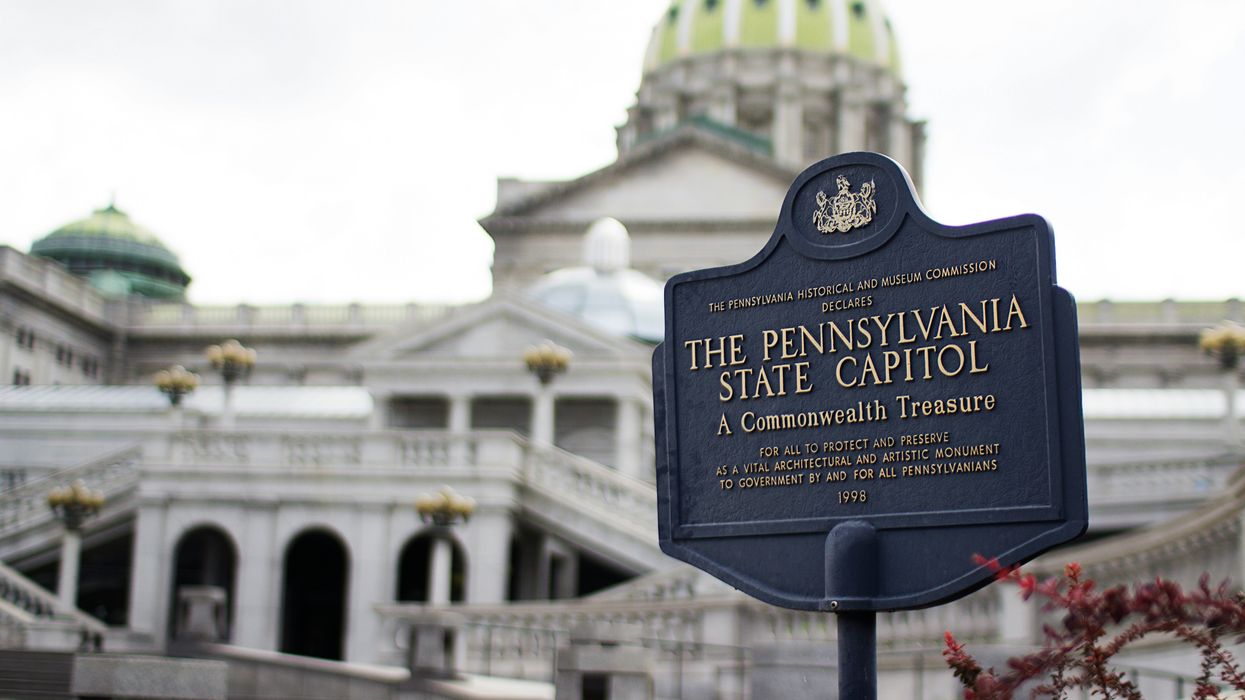





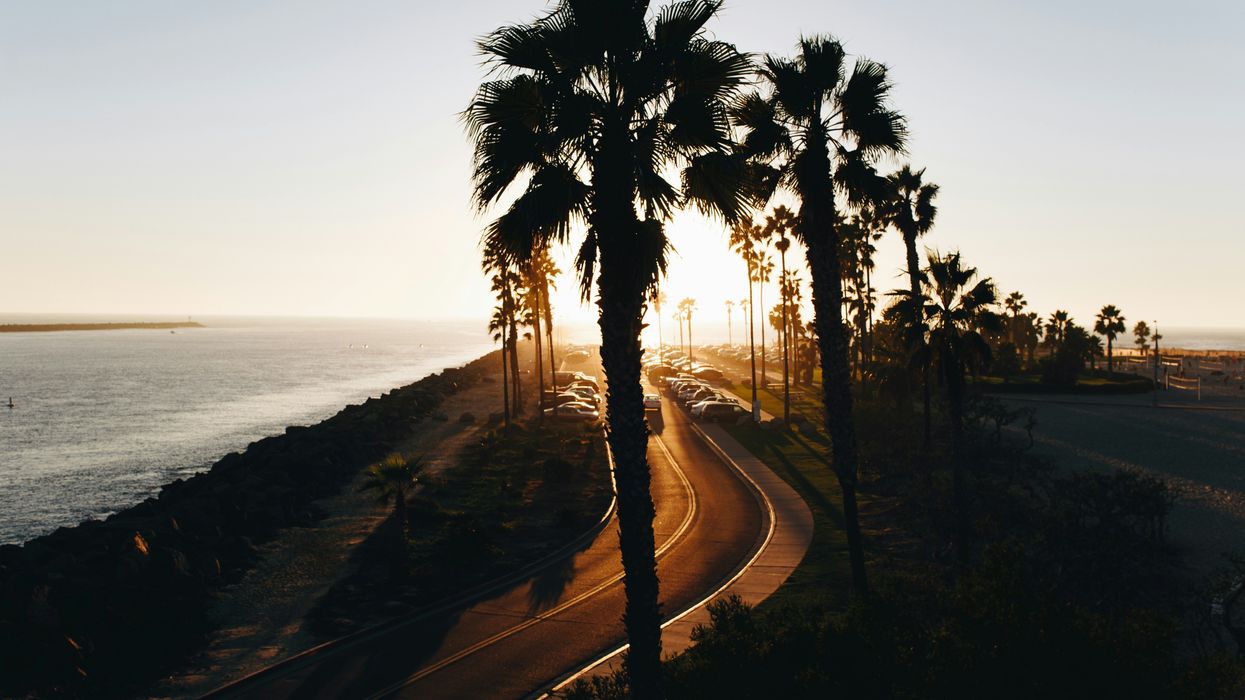
 The Dominoes Are Falling Nationwide as Federal Prohibition Ends
The Dominoes Are Falling Nationwide as Federal Prohibition Ends



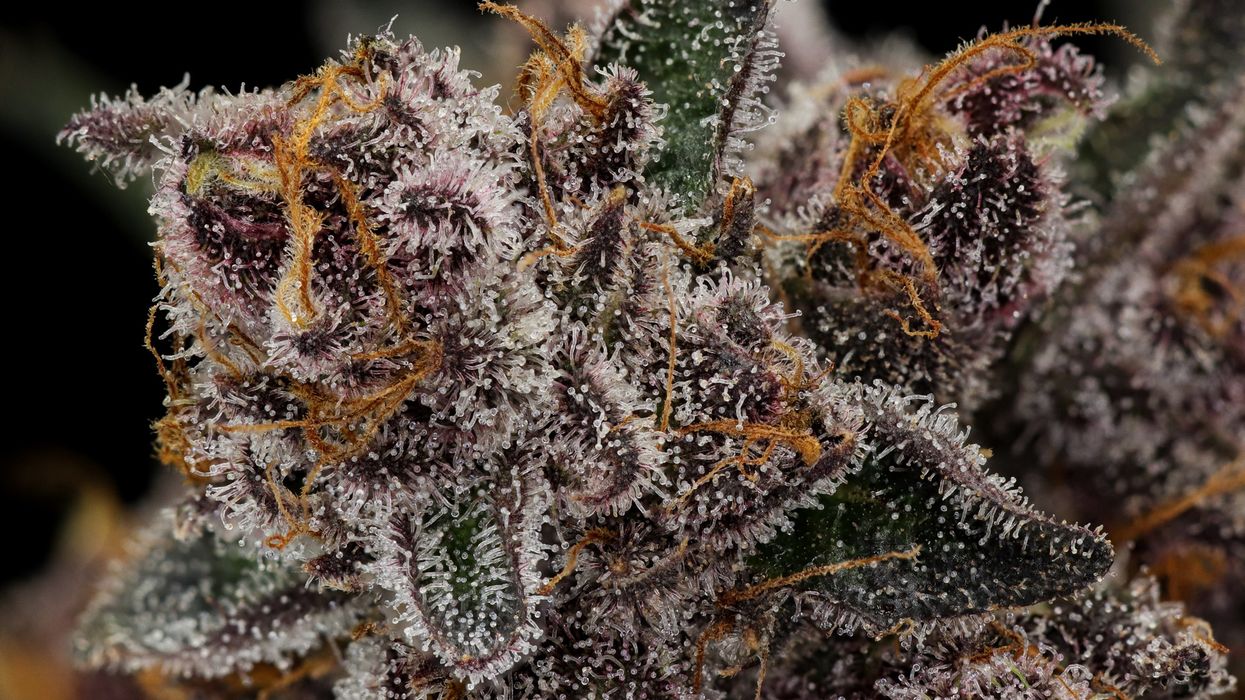



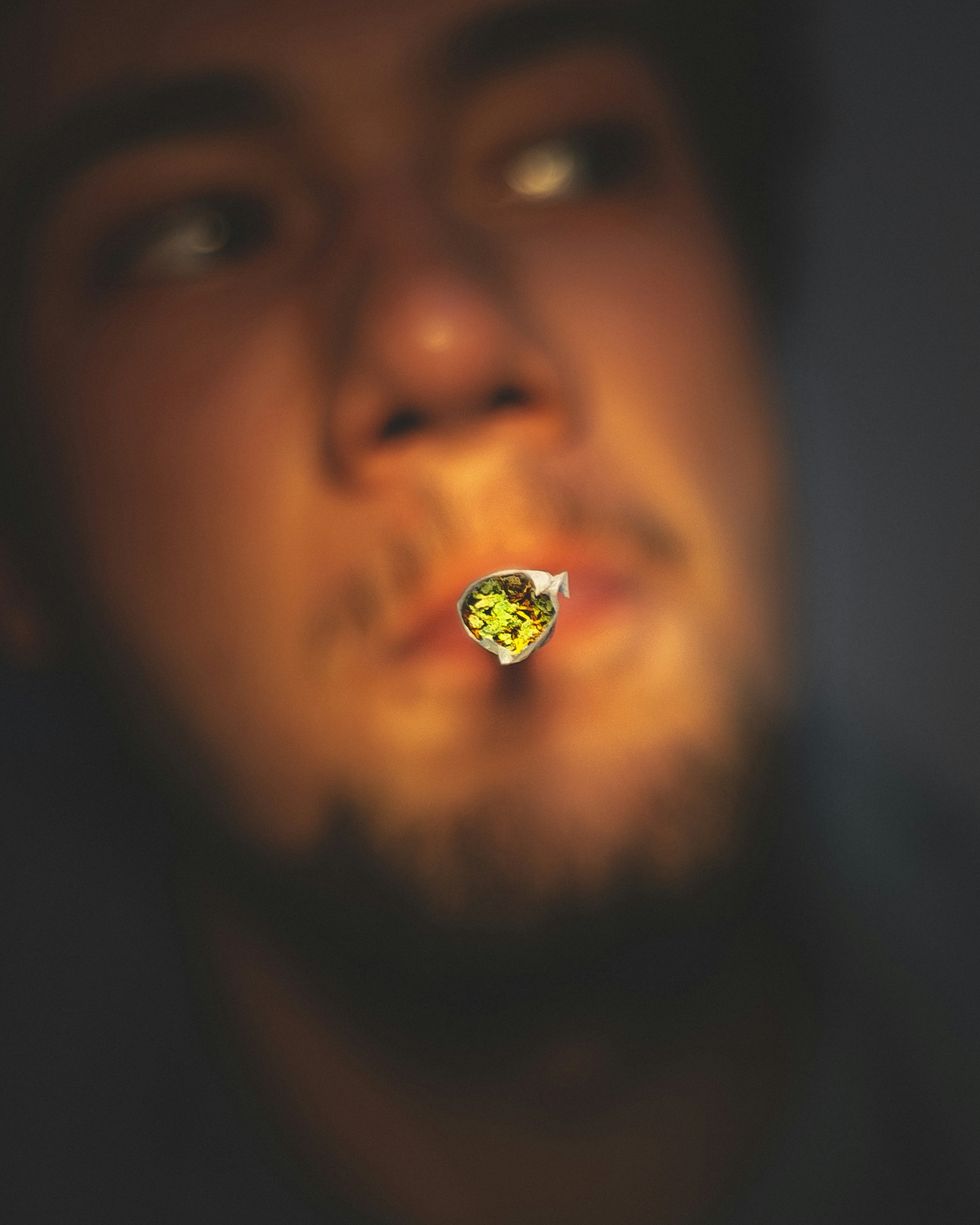 High-THC Weed Explored - The Bluntness Photo by
High-THC Weed Explored - The Bluntness Photo by 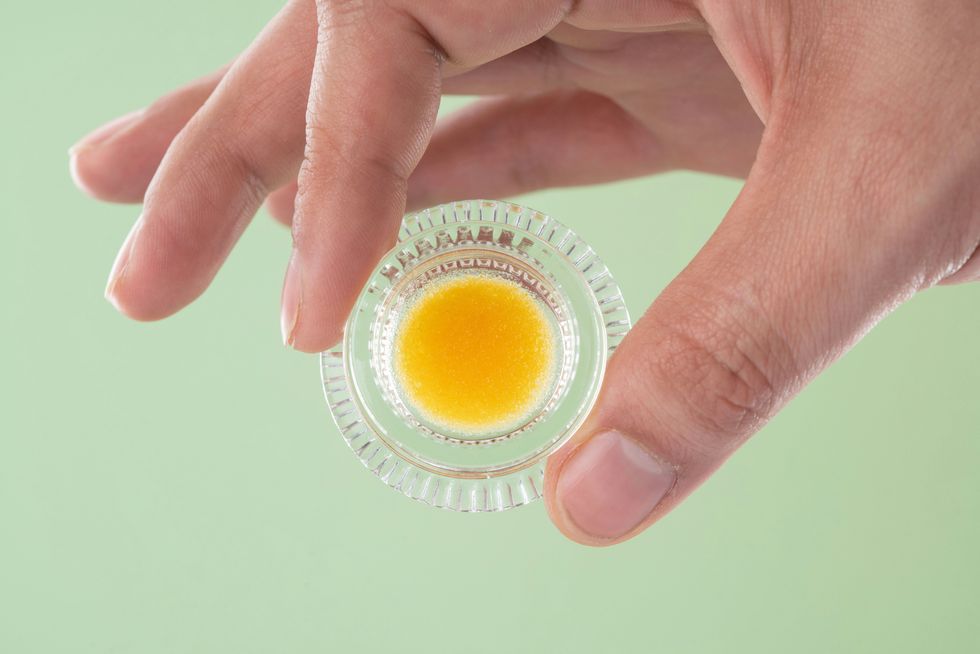 High-THC Weed Explored - The Bluntness Photo by
High-THC Weed Explored - The Bluntness Photo by 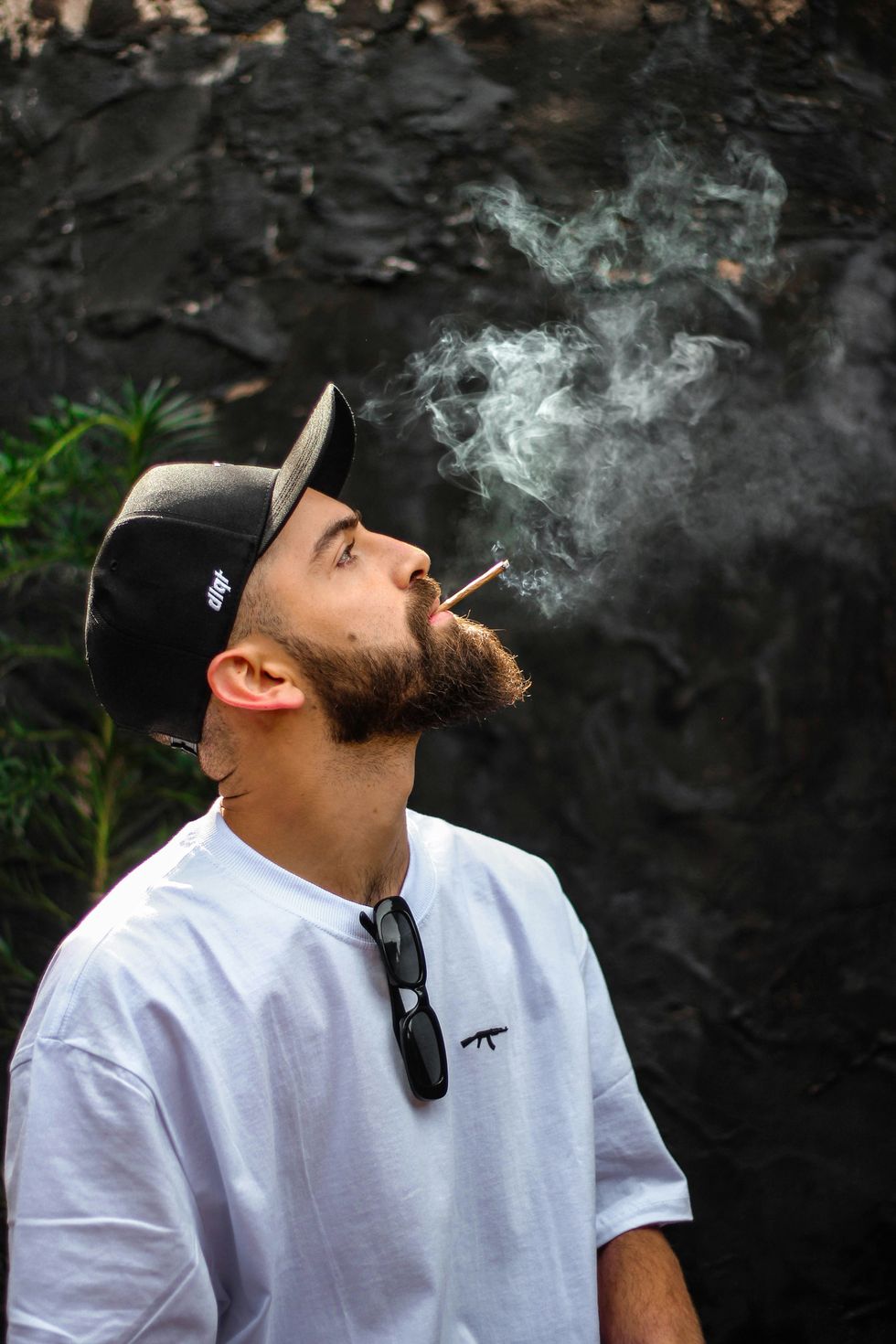 High-THC Weed Explored - The Bluntness Photo by Maria Fernanda Pissioli on Unsplash
High-THC Weed Explored - The Bluntness Photo by Maria Fernanda Pissioli on Unsplash 
